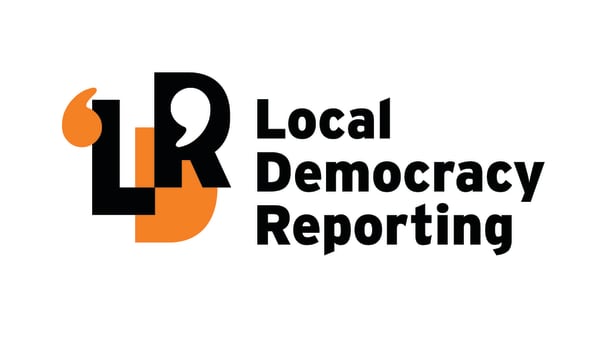A Royal Commission seeking to strengthen the country’s response to future pandemics has paid an action-packed visit to Tairāwhiti.
Te Tira Ārai Uratā (NZ Royal Commission Covid-19 Lessons Learned) was in Gisborne last Thursday to hear feedback from key stakeholders.
Epidemiologist and public health specialist Professor Tony Blakely — one of three commissioners tasked with heading the inquiry — said the commission’s meetings so far had been “incredibly productive”.
“We’re learning a lot, and that will help us with getting recommendations for Aotearoa New Zealand that will benefit the country in response to a future pandemic,” he said.
The visit to Tairāwhiti included meetings with iwi health providers, Gisborne District Council emergency response units, small businesses and education providers.
Instead of laying blame, the commission sought to find lessons from the past which could be applied to the future, he said.
It began earlier this year and has until September 30, 2024 to report its findings.
“The actual substance of what we talk about remains confidential, but what I can share with you is the reason we do that (seek feedback) is so people can cut to the chase and say exactly what happened so that we can get our mahi done quicker.”
Prof Blakely said some feedback so far echoed what had been shared already: that in retrospect certain restrictions and measures went on for longer than they needed to, including the Auckland lockdown.
But the country did well as a whole and will be even better when the next pandemic arrives, he said.
Specific to Tairāwhiti, Prof Blakely said it would be good to explore how Māori can be better engaged earlier, with principle-led action specific to the region’s needs.
He is travelling the country with fellow commissioners former National Cabinet Minister Hekia Parata and economist John Whitehead.
On top of stakeholder engagements, the commission is also undertaking public consultation and studying reports from Aotearoa and abroad.
Prof Blakely said the terms of reference were very broad to cover health, economy, social cohesion, borders and “basically everything to do with the Covid pandemic”.







1 comment
Luckily Winston Peters has promised his party will scrap this inquiry and install a proper Royal Commission of Inquiry with truly independent commissioners, with much broader terms of reference.
For that alone, NZ First will get my vote in this election!
The inquiry should also look at NZ involvement with the WHO, esp. in the light of the amendments to the International Health Regulations adopted at the 75th World Health Assembly on May 27, 2022, with no public discussion in NZ.
NZ can and should REJECT the amendments ASAP to protect its sovereignty.
Commissioners were in town last week “to hear feedback from key stakeholders”? Obviously “stakeholders” doesn’t include vaccine-injured or vaccine-mandated-out-of-job!
How about next time they are in town, they put an ad in the paper and ask for vaccine-injured and vaccine-mandated-out of job to come to a public hearing?
Oh, but the commissioners have already ruled out public hearings: “We’ll be conducting the inquiry in a non-adversarial way that supports identifying key lessons, by making it easy for people to share their experience. This means the way we seek information and gather evidence will be less formal than holding public hearings, for example. Our focus is on what we can learn to ensure New Zealand is prepared for the future, not on assigning blame or finding fault.”
Not assigning blame or finding fault? What kind of inquiry is this? Why would public hearings be adversarial?
And how is this for compromising their inquiry when they say things like: “But the country did well as a whole and will be even better when the next pandemic arrives”?
It seems the commissioners are in a sealed Govt. echo-chamber.
JOIN THE CONVERSATION
Read and post comments with a
Newsroom Pro subscription.
Subscribe now to start a free
28-day trial.